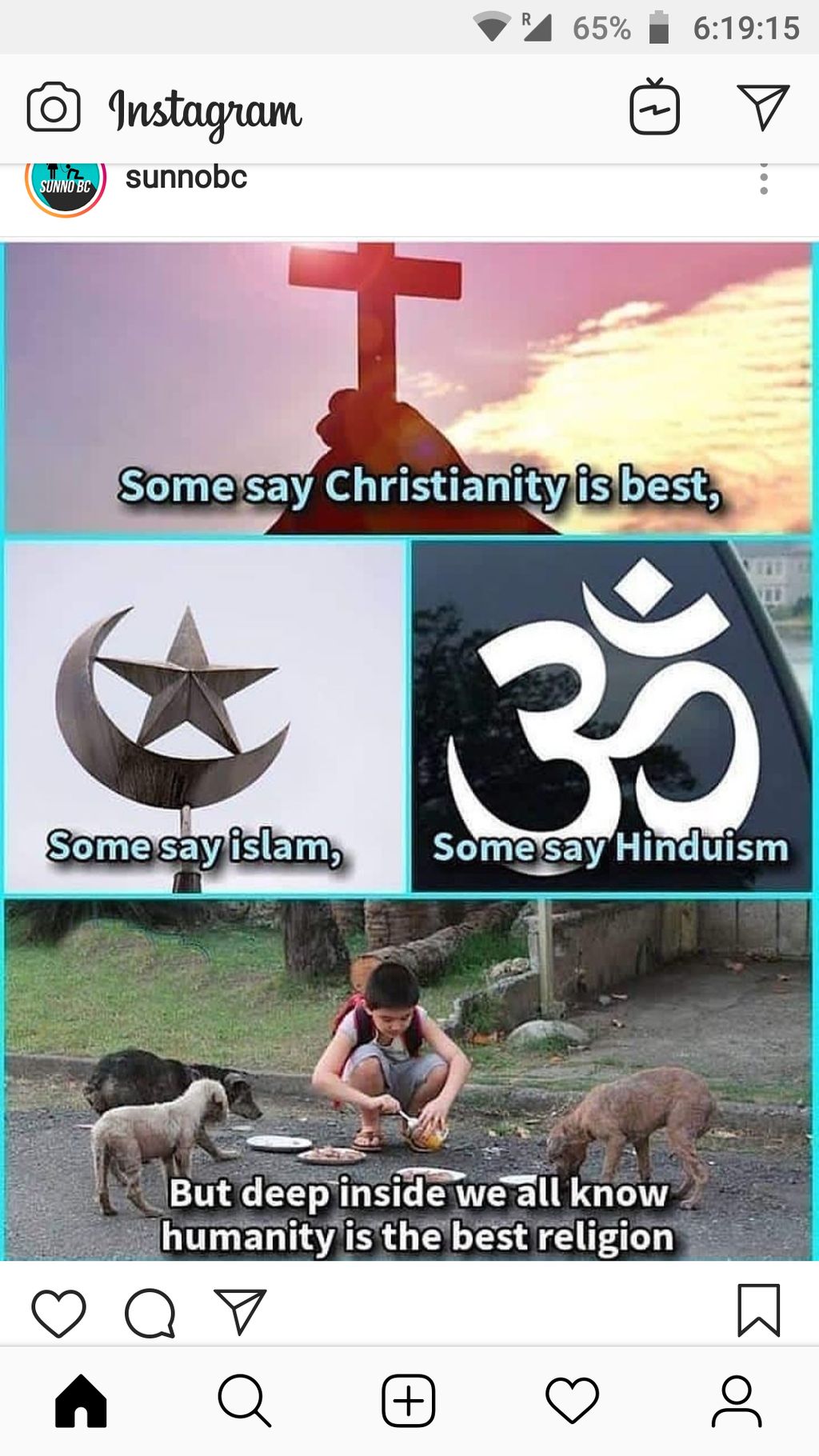The Ideal Face Of Reservation
Mar 17, 2019 • 26 views
Today when a student applies for admission in any university, the admission forms are filled with questions like ‘Are you SC/ST or OBC or General Category?’
How does it matter which category does he belong to, what matters is his merit. A category cannot decide whether he is eligible for admission or not. There many economically worse off children belonging to the forward classes but they cannot get the fruits of such reservation merely by virtue of belonging to the ‘general’ category. Sometimes these children belonging to the backward classes do not even deserve and still possess the necessary merit as against a child who studied very hard for months to get a seat, thereby snatching away that seat just because he comes from a particular religion or caste for which our government provides reservation.
Reservation should be purely made on the basis of the economic conditions of the applicant and nothing else. The kind of reservation policy that our government currently follows does nothing but divide the society into different sections.
We live in a free country and this freedom is a gift of democracy to us. Our constitution gives us the right to freedom and most importantly to exercise this freedom in an equitable manner. At the same time, it is incumbent on the part of the state to ensure that equality prevails in all sections of the society.
However in today’s time, one of the major roadblocks to this equality is the Reservation System.
India being a developing nation is currently facing many challenges and the reservation system being one of them. The biggest question that lies in front of us is whether implementing this reservation system has really helped the downtrodden? The current scenario clearly depicts that the ‘lower’ castes are still discriminated in their daily lives. To uproot casteism it is important that we fight the reservation system which alone will lead us to development, competency, equality and unity.
The reservation system finds its origin in the age-old caste system of India. The caste system at its birth was meant to divide people on the basis of their occupation like teaching and preaching (Brahmins), kingship and war (Kshatriya) and lastly business(vanish) etc. but soon it became an instrument to divide the society on caste-basis, creating various walls between different sections of the society. Today we stand divided widely into Hindu, Muslim, SC, ST & OBCs with newer reservations coming up for other different sections of the society like Christians, Kashmiris, Jats, Kashmiri Pandits, Tribals etc.
Firstly we need to understand that the reservation system only divides the society leading to discrimination and conflicts between different sections. It is oppressive and does not find its basis in casteism. It is actually the antithesis of communal living.
Currently, as per the government policy, 15% of the government jobs and 15% of the students admitted to universities must be from Scheduled Castes and for the scheduled tribes.
The Mandal Commission was established in 1979 by the central government to identify the socially or educationally backward people. It was also set up to consider the question of seat reservations and quotas for people to redress caste discrimination. It used social, economic, and educational indicators to determine backwardness. But now it is not practically performed or happens.
Article 15 of our constitution empowers the government to make special provisions for advancement of backward classes. Similarly, Article 16 provides for equality of opportunity in matters of employment or appointment to any post under the State.
Caste of a person cannot be the sole criteria for ascertaining whether a particular caste is backward or not. Determinants such as poverty, occupation, place of habitation may all be relevant factors to be taken into consideration. The court further held that it does not mean that if once a caste is considered to be backward it will continue to be backward for all other times.
What is surprising is that our constitution clearly is a reservation-friendly constitution but nowhere in the constitution is the term ‘backward classes defined. What actually constitutes a backward class? What are the determinants of a backward class? These questions remain unanswered and it is only with the help of judicial pronouncements that they have been given some meaning. The question arises how can reservations be made for something that has not been defined?
To remove this evil it suggested the following:
1:- Make education mandatory and free for all till the age of 15
2:- Propose reservation based on economic status
3:- Provide an opportunity for students to earn while they study.
Instead of introducing reservations for these backward classes what is required is to bring about revolutionary changes in our education system at the grass-roots level. When proper education is not provided to children belonging to such categories during the primary stage itself than on what basis are the reservations provided at a subsequent stage.
Reservations are nothing but means to prosper the vote banks of politicians. They are hindering the country’s growth, development and competency in all aspects. On one hand, the preamble of our constitution states that we are a free, democratic and sovereign nation and on the other hand reservation system is chaining all these aspects into its clutches. It is creating disparity and differences amongst the people. The constitution lays down that every child has a right to education and nowhere expresses that any child belonging to a backward class has a little more of this right than the general category.

By reserving one category against another creates a feeling of division which is now resulting in chaos with every small section of the society asking for it.
